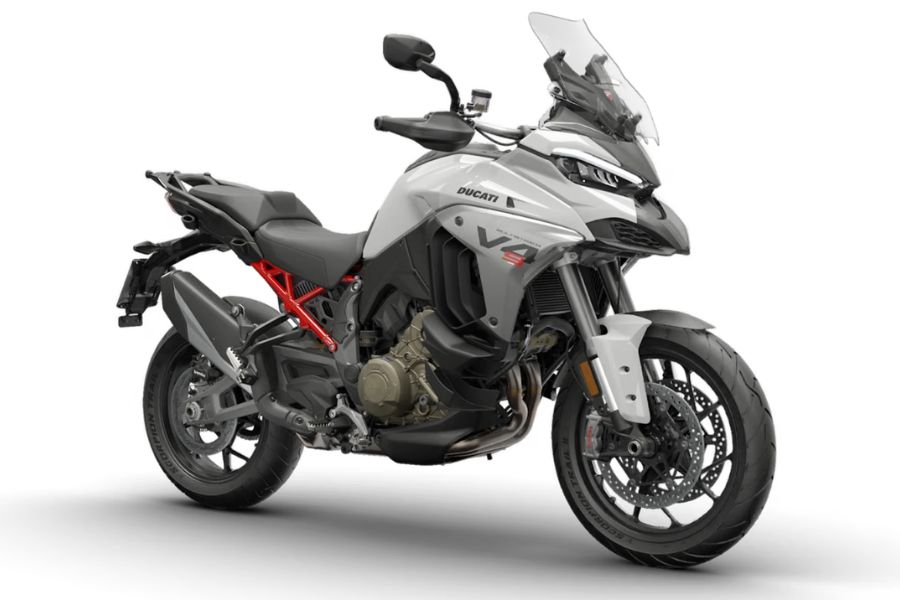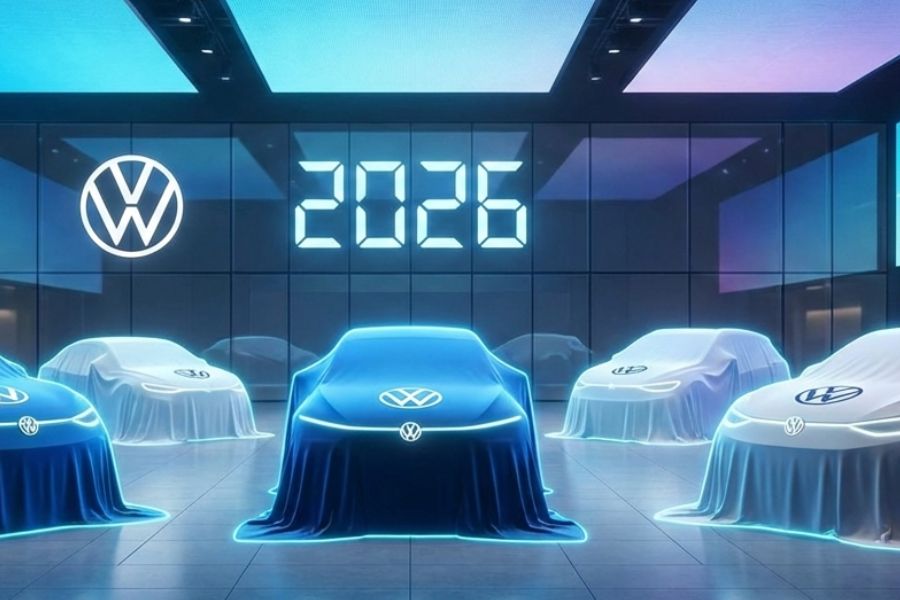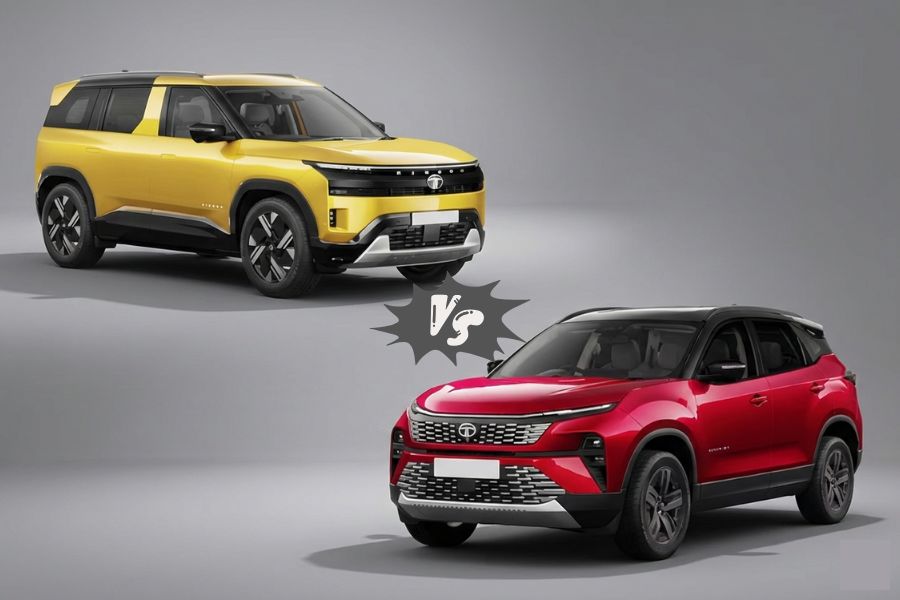Hyundai has globally unveiled its smallest EV, the Inster, at the 2024 Busan International Mobility Show. This fully electric version of the Casper micro-SUV, available in Korea, will also be sold in Europe, the Middle East, and the Asia Pacific. While Hyundai hasn’t confirmed its launch in India, the Inster’s size and positioning make it a potential competitor to the Tata Punch EV and Citroen eC3 in the Indian market. Here’s a detailed comparison of the specifications of these three EVs to see how they stack up.
Dimensions
| Car | Hyundai Inster | Tata Punch EV | Citroen eC3 |
|---|---|---|---|
| Length | 3825mm | 3857mm | 3981mm |
| Width | 1610mm | 1742mm | 1733mm |
| Height | 1575mm | 1633mm | 1604mm |
| Wheelbase | 2580mm | 2445mm | 2540mm |
| Boot space | 280 litres | 366 litres | 315 litres |
| Tyre size | 205/45 R17 | 195/60 R16 | 195/65 R15 |
The Citroen eC3 is the longest at 3,981mm, while the Tata Punch EV is the tallest at 1,742mm. The Inster boasts the longest wheelbase at 2,580mm, while the Punch EV offers the most boot space at 366 liters. The Inster also features larger 17-inch wheels compared to the 16-inch and 15-inch wheels on the Punch EV and Citroen eC3, respectively.
Powertrain, Range, and Performance
| Car | Hyundai Inster | Tata Punch EV | Citroen eC3 |
|---|---|---|---|
| Motor | Single motor setup | Single motor setup | Single motor setup |
| Power | 97hp/115hp | 82hp/122hp | 57hp |
| Torque | 147Nm/147Nm | 114Nm/190Nm | 143Nm |
| Battery capacity | 42kWh/49kWh | 25kWh/35kWh | 29.2kWh |
| Range | TBA/355km | 315km/421km | 320km |
All three EVs come with a single electric motor setup. The Inster’s motor generates 97hp in the base trim and 115hp in the Long-Range version, while the Punch EV produces 82hp and 122hp in its Mid-Range and Long-Range variants, respectively. The Citroen eC3, with 57hp and 143Nm of torque, is the least powerful. Hyundai offers the Inster with 42kWh and 49kWh battery packs, delivering a range of up to 355km (WLTP). The Punch EV’s 25kWh and 35kWh batteries provide ranges of 315km and 421km, respectively, while the eC3’s 29.2kWh battery offers a range of 320km.
Charging Time
| Car | Hyundai Inster | Tata Punch EV | Citroen eC3 |
|---|---|---|---|
| 10-80% (DC fast charging) | 30 mins | 56 mins | 57 mins |
| 10-100% (15A/16A wall charger) | 4 hrs (standard), 4 hrs 35 mins (LR) | 9.4 hrs (MR)/13.5 hrs (LR) | 10.5 hrs |
The Hyundai Inster can be charged from 10% to 80% in just 30 minutes using a 120kW DC fast charger, and fully charged in 4-4.5 hours with a standard AC charger. In contrast, the Tata Punch EV takes 56 minutes for a 10-80% charge with a 50kW DC fast charger, and 9.4 to 13.5 hours for a full charge with a regular charger. The Citroen eC3 takes 57 minutes to charge from 10% to 80% with a DC fast charger, and 10.5 hours for a full charge with a regular charger.
The Inster also offers Vehicle-to-Load (V2L) functionality, allowing it to power larger devices or appliances, a feature absent in the Punch EV and eC3. Additionally, Hyundai includes ADAS safety technology in the Inster, which is not available in the Indian versions of the Punch EV or eC3.
Price
| Car | Hyundai Inster | Tata Punch EV | Citroen eC3 |
|---|---|---|---|
| Ex-showroom price | TBA | Rs 10.99-15.49 lakh | Rs 11.61-13.41 lakh |
Pricing for the Hyundai Inster is yet to be announced. The Tata Punch EV is priced between Rs 10.99 lakh and Rs 13.79 lakh for the Mid-Range trims, and Rs 12.99 lakh to Rs 15.49 lakh for the Long-Range version. The Citroen eC3 ranges from Rs 11.61 lakh to Rs 13.41 lakh.
This comparison highlights the strengths and weaknesses of each model, helping potential buyers make an informed decision based on their priorities in dimensions, performance, range, and features.
Read More:




